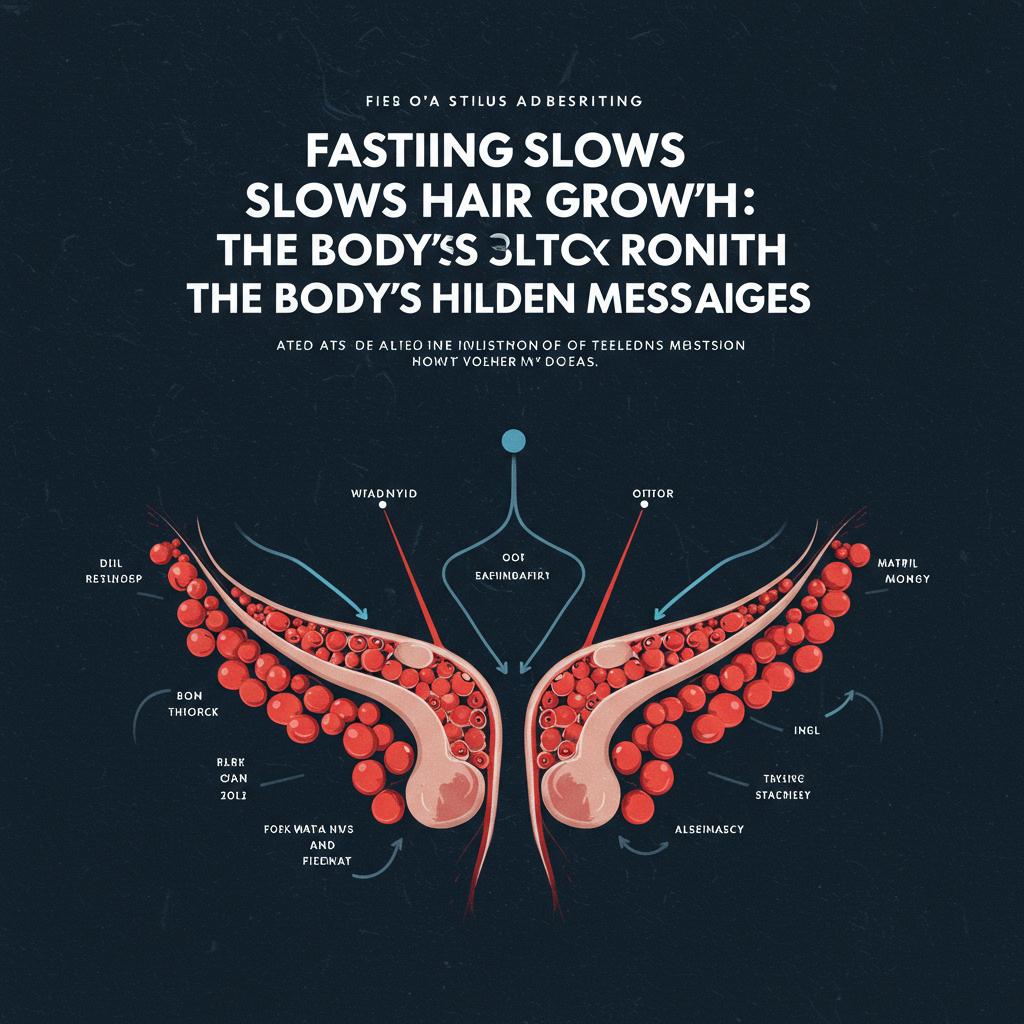
Ever heard of intermittent fasting (IF)? It’s become quite the buzzword in the health and wellness world, with many people praising its potential benefits. But what’s the real story behind its effects on our bodies, particularly on things like hair growth? Recent research dives into this, uncovering some interesting and perhaps surprising results.
While IF is often associated with positive health outcomes, a new study has found that common IF regimens can actually hinder hair follicle regeneration. This might seem counterintuitive, but the science behind it paints a clearer picture.
The study found that IF, regardless of calorie restriction, disrupted the normal cycle of hair follicle stem cells (HFSCs). These are the vital cells responsible for hair growth. Instead of thriving, these cells experienced something called apoptosis, essentially programmed cell death.
- How does this happen? It’s not about simply reducing calories or changing your sleep-wake cycle. The researchers discovered a more complex process involving communication between different parts of the body.
- Adrenal glands and skin talk: During fasting, the adrenal glands and the fat cells within the skin start communicating. This triggers a release of fatty acids into the environment surrounding the HFSCs.
- Fatty acid flood: This influx of fatty acids disrupts the metabolism of the HFSCs and increases their levels of reactive oxygen species – think of these as unstable molecules that can cause damage to cells, like rust on a car.
- Oxidative stress and cell death: This build-up of reactive oxygen species leads to oxidative stress and ultimately causes the HFSCs to die off, inhibiting hair growth.
This finding was further supported by a clinical trial, which showed that intermittent fasting also inhibited hair growth in humans. So, while IF might have other benefits, promoting hair growth doesn’t appear to be one of them.
This study reveals a fascinating interplay between different organs and their impact on tissue regeneration. It suggests that during times of food scarcity – which is what the body interprets fasting as – a mechanism kicks in to conserve resources. By sacrificing the regeneration of less essential tissues like hair follicles, the body prioritizes vital functions.
This isn’t to say that intermittent fasting is inherently bad. It simply highlights a potential downside, specifically regarding hair growth. It’s crucial to remember that everyone’s body reacts differently, and what works for one person might not work for another. If you’re considering intermittent fasting, it’s always a good idea to discuss it with a healthcare professional to understand the potential benefits and drawbacks, especially if you have concerns about hair loss or other health conditions. This research contributes to a more comprehensive understanding of the complex effects of intermittent fasting on our bodies, providing valuable insights into its potential impact on tissue regeneration and overall health. It underscores the importance of continued research to fully understand the long-term effects of various dietary practices.
